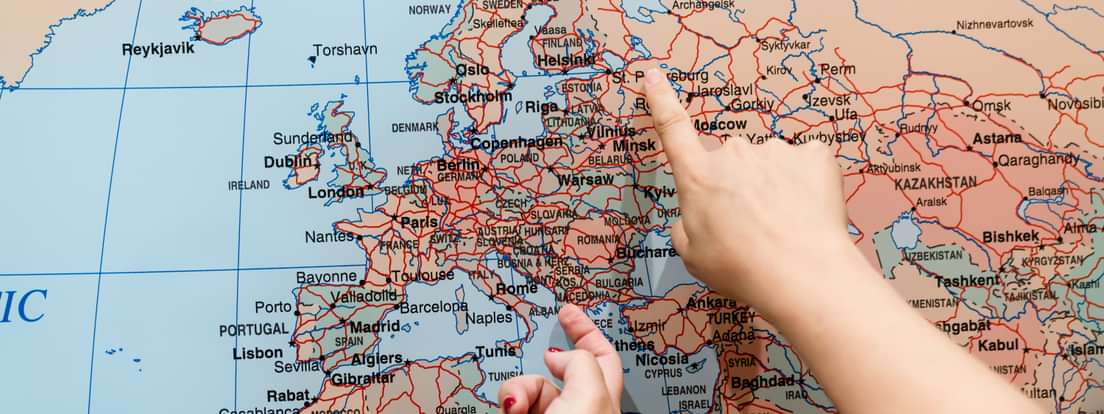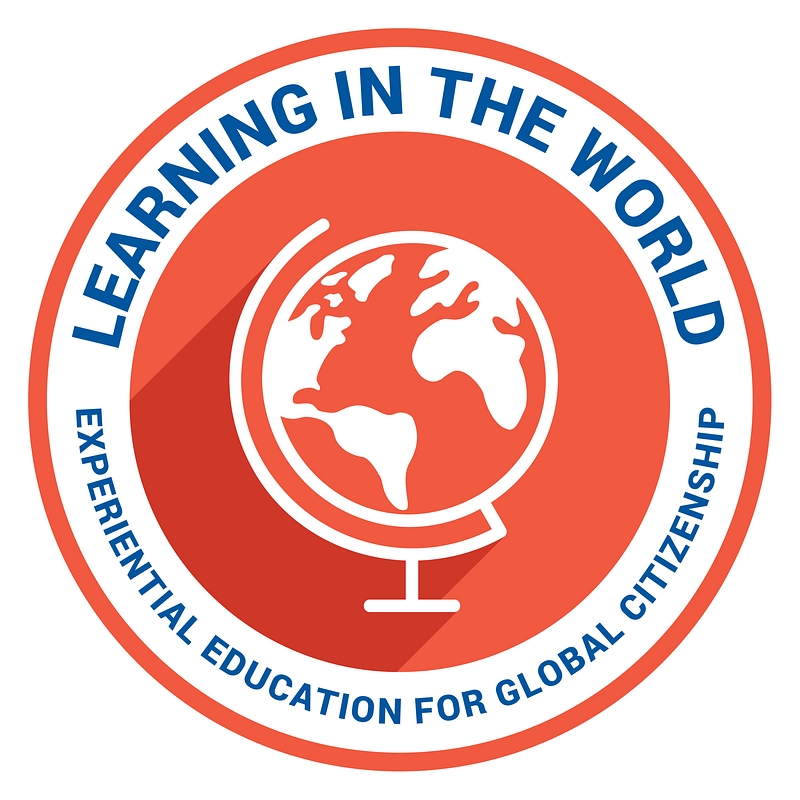
Learning in the World
Experiential education for global citizenship
About Learning in the World
Learning in the World was founded in 2014 under the Tang Institute and led by Carmen Muñoz, a 2014-15 Tang Institute Fellow and instructor in Spanish. The office has been under the direction of Mark Cutler, also a Spanish instructor, since 2020. At that time, LITW became a separate entity from Tang and in 2022 the LITW Task Force and Advisory Board wrote the following vision and mission statements:
Vision
To ignite curiosity and inspire globally minded action—anywhere in the world.
Mission
Learning in the World prepares young people for engaged global citizenship through intercultural, place-based, and world-facing experiential learning opportunities. Our offerings immerse students in their learning anywhere in the world—abroad, in the US, nearby, on campus, and virtually—and challenge them to see themselves, humanity, and the natural environment from diverse perspectives. Thus, our students cultivate a deeper sense of empathy for others and acquire knowledge and skills that help them take action toward a more sustainable, just, and equitable world.
LITW opportunities abound throughout the school year and are made more accessible with the support of financial assistance, connections with the academic and co-curricular program, and student-centered design. We encourage all students to take advantage of at least one LITW experience in their time at Andover.

Guiding Principles
We are guided by the following principles in our design of experiential learning opportunities for global citizenship:
- Expand the worldview of our students and faculty while broadening their knowledge of and openness to diverse geographies, cultures, and value systems.
- Deepen our students’ understanding of the impacts, challenges, and opportunities associated with the constructive change that our increasingly connected world requires.
- Equip our students with essential skills, including creative and collaborative problem-solving, adaptability, resourcefulness, and the ability to gather, critically review, and synthesize the best available knowledge from diverse sources.
- Enhance mutual understanding and shared commitments to promoting the well-being of the natural world and all members of the global community.
- Give students access to different kinds of time-intensive, multidisciplinary, experiential, and community-based learning that may connect with and go beyond the classroom experience.
- Encourage students and faculty to seek a wider perspective in their engagement with the world, informed by empathy, humility, compassion, curiosity, respect, awareness of complexity, conviction, and a sense of agency and urgency.



